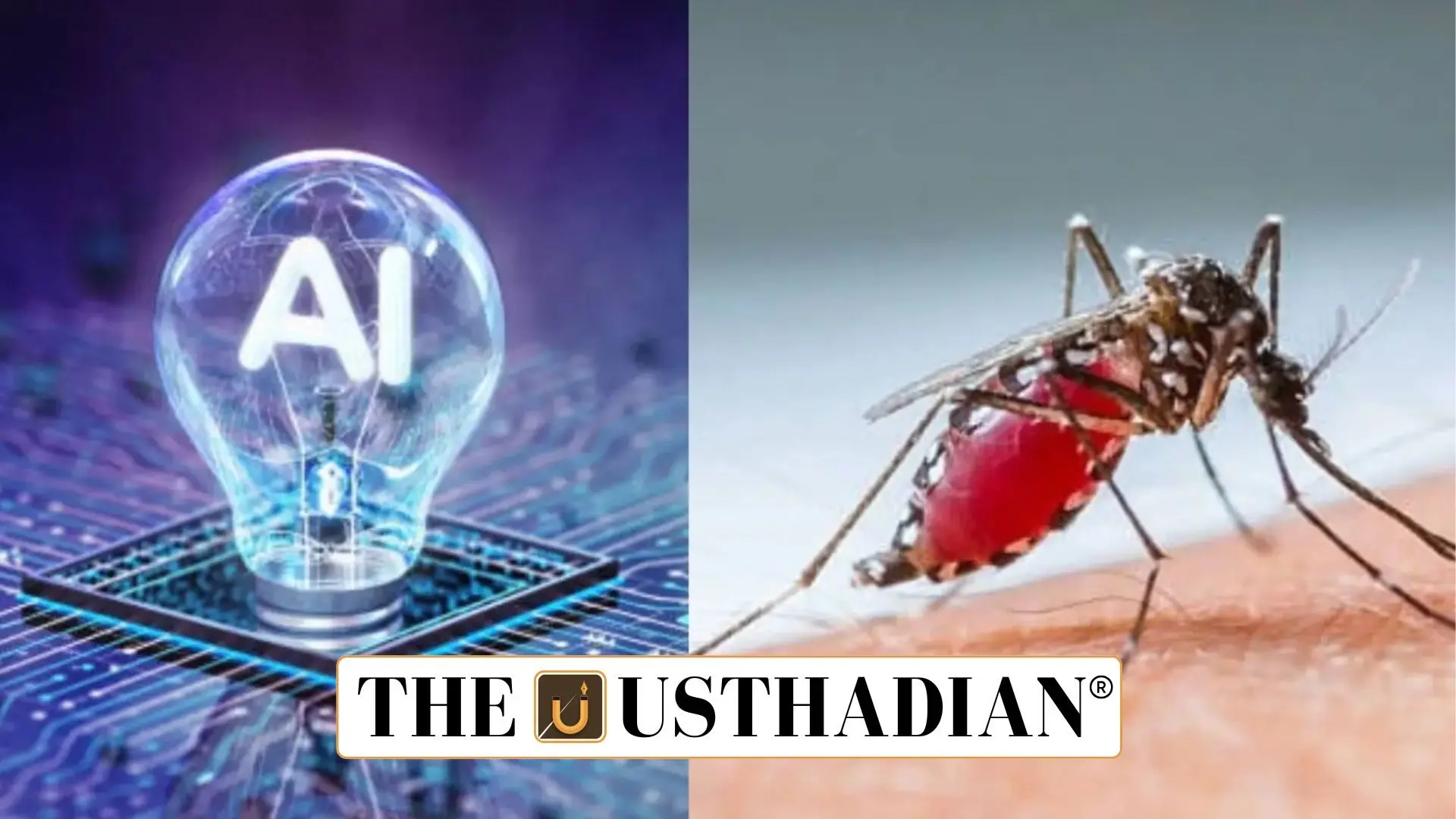Andhra Pradesh adopts smart tech for disease prevention
Andhra’s AI Weapon Against Mosquito-Borne Diseases: Andhra Pradesh has launched a high-tech initiative called Smart Mosquito Surveillance System (SMoSS) to combat mosquito-borne diseases like dengue and malaria, especially during the monsoon. This AI-driven solution marks a leap in urban health management and will initially be tested across six cities.
AI and sensors tracking mosquito hotspots
The system uses AI-powered mosquito sensors, drones, and IoT devices to detect mosquito presence, track breeding conditions, and monitor environmental factors like temperature and humidity. The aim is to create real-time mosquito maps that allow targeted fogging and spraying, saving time and resources.
Static GK fact: Andhra Pradesh has consistently ranked among top five Indian states in urban digital governance, according to various smart city indices.
Where the pilot project begins
The SMoSS pilot will cover 66 high-risk zones across:
- Vijayawada (28)
- Visakhapatnam (16)
- Nellore (7)
- Kurnool (6)
- Rajamahendravaram (5)
- Kakinada (4)
These cities reported over 5,500 dengue cases in 2024, making them priority areas. By narrowing actions to outbreak zones, the system avoids unnecessary mass spraying.
Drones and apps making the work faster
Drones will be deployed for precision larvicide spraying. A central dashboard will coordinate operations while apps like Vector Control and Puramitra will allow citizens and field workers to report mosquito activity.
Hospitals will contribute by providing daily patient data, helping to flag emerging hotspots. This will form the basis for district-level response strategies.
Static GK Tip: Dengue is caused by the Aedes aegypti mosquito, which usually breeds in clean stagnant water, especially during the July–October season in India.
Performance-linked operations for agencies
The government plans to outsource SMoSS operations to specialized agencies. These agencies will be incentivized based on performance metrics, such as reduction in cases and timely interventions.
Urban Development Department leading the way
The Municipal Administration and Urban Development (MAUD) Department is leading this initiative. This effort aligns with India’s Smart Cities Mission and shows how digital tools can improve public health outcomes.
If successful, this model could be adopted by other states, making Andhra Pradesh a trendsetter in AI-led disease control.
Static Usthadian Current Affairs Table
| Topic | Detail |
| SMoSS | Smart Mosquito Surveillance System launched in Andhra Pradesh |
| Key Cities | Vijayawada, Visakhapatnam, Nellore, Kurnool, Rajamahendravaram, Kakinada |
| Technology Used | AI, drones, IoT, central dashboard, mobile apps |
| Lead Department | Municipal Administration and Urban Development (MAUD) |
| Mobile Apps Involved | Vector Control, Puramitra |
| Disease Focus | Dengue and Malaria |
| Pilot Coverage | 66 areas across six cities |
| Hospitals Role | Daily updates to map disease hotspots |
| Targeted Spraying | Based on real-time sensor and drone data |
| Year of Implementation | 2025 |








